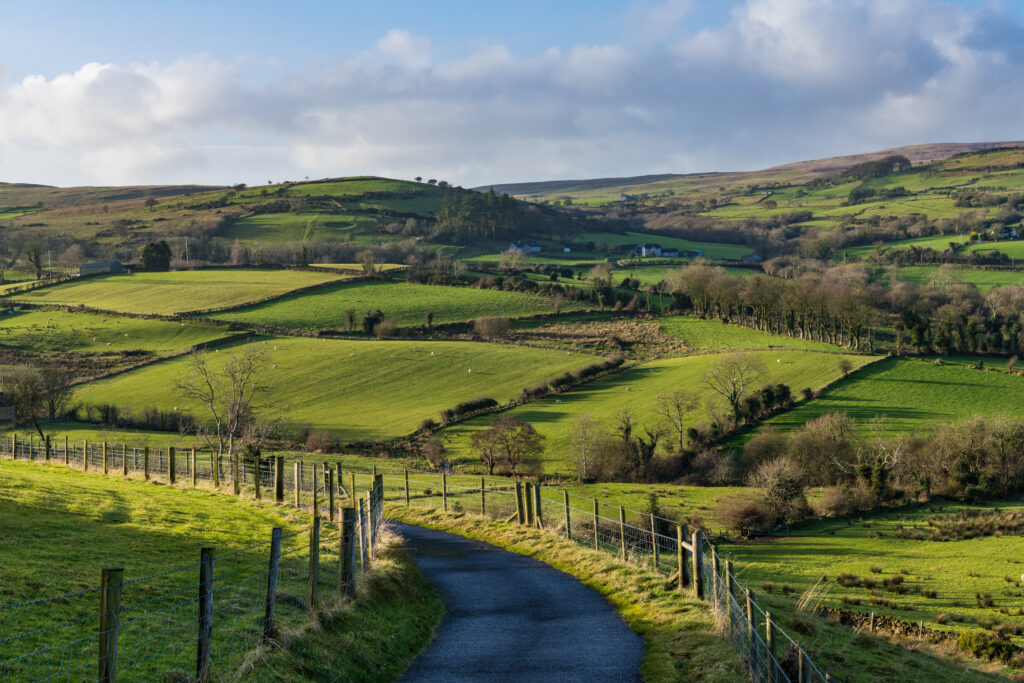DAERA’s proposed changes to the Nutrient Action Programme (NAP) could cost the Northern Ireland agri-food sector more than £1.5 billion, according to a report by AgriSearch.
The NAP, introduced in 2007, aims to improve water quality by reducing pollution caused by nutrients from agricultural sources. DAERA Minister Andrew Muir launched a public consultation in May on the NAP for 2026 to 2029, prompting warnings from the Ulster Farmers that the proposals could wipe a huge chuck of NI pig production.
The AgriSearch report, produced in partnership with a number of agri-food sector bodies, raises critical questions about the viability of proposed changes as it unveils the financial consequences of implementation.
The interim economic impact assessment, informed by a wide cross section of Northern Ireland farms, found that the proposed phosphorus balance thresholds and the imposition of increased buffer strips on arable land could result in significant financial upheaval across the agri-food supply chain.
According to the data, implementation of an 8kg phosphorus per hectare limit and expanded buffer strips would trigger widespread economic disruption, with Northern Ireland supply chain losses projected to exceed £1.56 billion per year.
The report concludes that the policy would jeopardise farm resilience, intensify financial strain on already indebted farm businesses, destabilise the land market, threaten supply chain viability and render processing facilities uneconomic.
It also reveals that there would also be wider impacts on rural communities and businesses with a strong risk of creating unintended social and environmental consequences.

Jason Rankin, Strategy Manager at AgriSearch said: “We fully recognise the importance of improving water quality and nutrient management; however, the findings of our analysis paint a stark picture of the potential consequences of current NAP proposals.
“Without careful consideration of a full economic appraisal and industry input, the proposed environmental measures could inadvertently destabilise the very foundations of our rural economy and food supply chain.
“This evidence clearly points to the need for a more balanced, practical and fact-based approach combined with a full economic appraisal that protects the environment, the economy and rural livelihoods.”
Professor Gerry Boyle, Chair of AgriSearch said: “This assessment underlines the critical role of ongoing, independent research in informing policy decisions that impact the entire agri-food industry and supply chain.”




